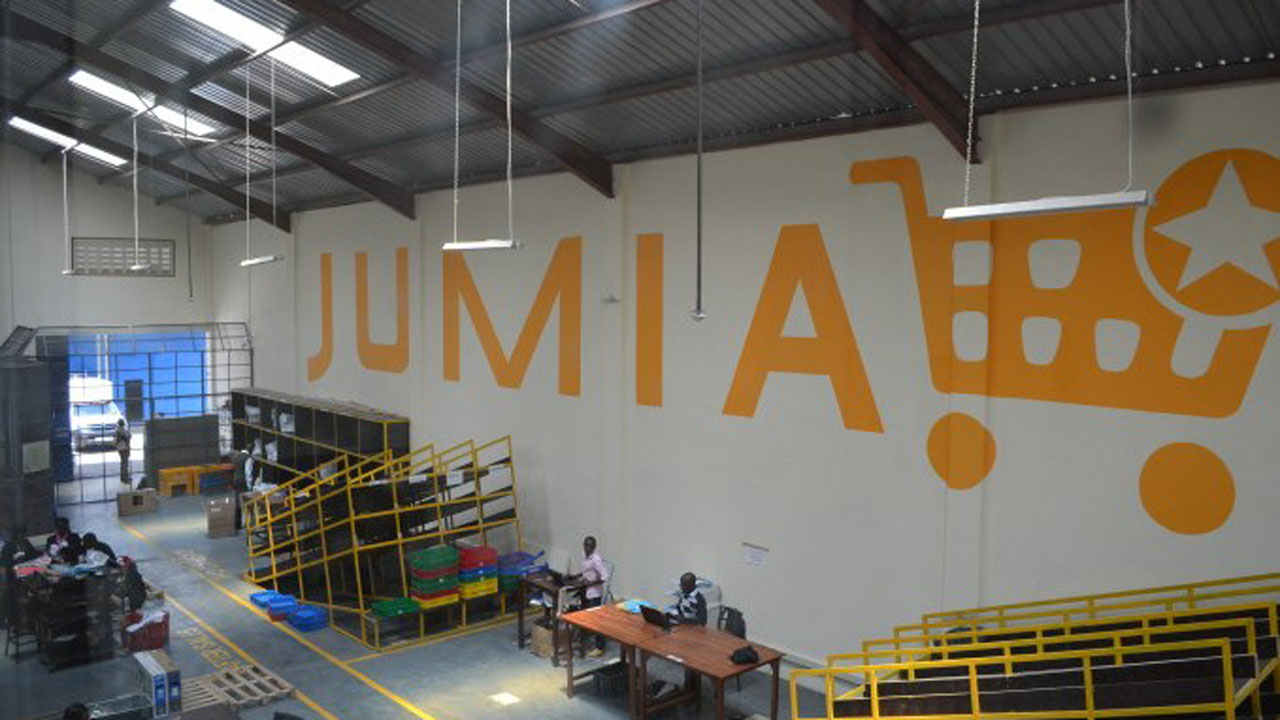The Nigerian Export-Import Bank (NEXIM) has disbursed N430 billion to Nigerian exporters, the managing director of the Bank, Abubakar Bello, has said.
At an interactive session in Abuja yesterday, he explained that while part of the bank’s name implies that the bank promotes imports, the bank’s focus is on using imports of critical equipment and raw materials to boost the export capacity of Nigerian entrepreneurs.
“Total lending to exporters is around N430 billion. The facility attracts a single-digit interest of nine per cent. That is probably the lowest interest rate in the market,” he stated.
Apart from providing finances to Small Scale Enterprises (SMEs), NEXIM Bank is equally driving Nigeria’s agro-industrial revolution to empower businesses for global success.He disclosed that the activities of NEXIM Bank have led to the creation of more than 12,000 direct jobs.
He added: “The direct jobs that have been created from our funding are somewhere around 12,000. That is direct jobs alone. The indirect jobs that have been created within the value chain are almost infinite as a result of our interventions.”Bello said the service sector is emerging as a potent sector that can contribute massively to Nigeria’s export drive.
With about 55 per cent of the Gross Domestic Product (GDP), he noted that NEXIM is already exploring the possibilities of tapping into the sector for export.
His words: “NEXIM is exploring how we can support the export of services. Today, outsourcing is a growing business in Nigeria. From telephone call centres servicing countries abroad, to accounting services, to legal services. People are sitting in their houses and giving accounting services to companies in America. That is the export of services. For the youths who are very adept at digital things, that is their area. It is part of our focus areas to keep developing and supporting it. We want to see how we can support our service providers to go beyond the borders and expand their horizons.”
He clarified that at the heart of the Bank’s interventions is foreign exchange inflow into the country., adding, “As long as you flow the dollars back to Nigeria, we will finance your project. “
He hinted that the NEXIM Bank may begin to fund projects and ideas in the construction sector. He stated: “We are trying to see how we can support Nigerian businesses in sectors such as construction to explore African markets. We are rebuilding the capacity of construction companies in Nigeria. Jobs are not only in Nigeria, but there are also jobs in Ghana, Togo and the Benin Republic. At the Intra-African Trade Fair (IATF) that is happening in Algeria, we are seeing Egyptian construction people going to Algeria to do the setup of the pavilions, and that is the export of services. We are wondering why Nigerian construction people are not going there. It is all an export of service.”
The NEXIM boss urged Nigerians to think of export in their business, insisting that no product is not exportable. He said: “There is no product that is not exportable. If any Nigerian has an idea about something to export, they should feel free to consult us. Apart from funding, we can guide them, link them with relevant bodies and provide information on the requirements needed to be abided by.”
Bello explained that Nigerians lack access to information that guides the export of certain products, which is why their products fail basic export tests.
“There are many mistakes around standards that Nigerians make. Many assume that when they package things from source, it is okay. When this happens, the exporter will record losses and so will the lender. So, one thing that exporters have to do is to ensure adherence to set standards.
Those are the kind of things that SMEs need to take care of,” he said. The NEXIM chief urged Nigerian exporters to keep what he termed ‘Nigeria brand’ that is noted for high standards and quality to attract global respect.
He added, “Let us also create a brand for Nigeria, so that anything that comes out of Nigeria has a positive brand. We must ensure that Nigeria’s brand is viewed from a positive point of view. That whatever we put our stamp on as ‘proudly Nigeria’ meets international standards. We should continue doing this until everybody takes out that negative perception about Nigerian products in the global export market.”






